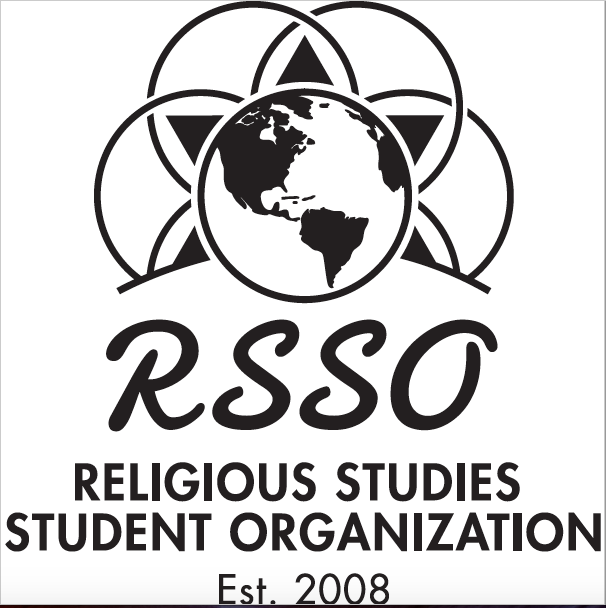Moderator
Dr. Deanna Wesolowski
Start Date
13-4-2019 9:45 AM
End Date
13-4-2019 10:45 AM
Abstract
From the Puritans of New England to the Anglicans of the South, a patchwork of competing religious ideals existed in colonial America. Through that diversity, there emerged a singular thread of religious influence which worked, during the Revolution and beyond, to craft a nascent sense of American nationalism: American Calvinism. Beginning with the reformer John Calvin and his disciple, Theodore Beza, in Europe, Calvinism expanded to the New World. There, emboldened by the isolation of the American continent, Calvinism became a rare source of commonality between colonies with disparate religious beliefs. When war raged between Britain and the American colonies in the late eighteenth century, the American Founders utilized Calvinism to rally as many Americans as possible around their national cause.
Utilizing the words of the American Founders and peer-reviewed scholarship regarding their outlook, this paper analyzes the history of American Calvinism while focusing on how it crafted a sense of American national identity out of the throes of Revolution. This paper proposes that American Calvinism was unlike its late-medieval European counterpart in its uniqueness. This Americanized branch of Calvinism combined a Lockean focus on individual rights and republicanism with a traditional Calvinist focus on the necessity of morality and formed one of the essential cogs in a new sense of American nationalism. This paper demonstrates that, though not all of the American Founders respected Calvin, or his religious ideals, (Thomas Jefferson was famously critical), they recognized the importance that Calvinism held for the masses of America. Because of this recognition, the paper proposes that the American Founders adapted their speech, mannerisms, and public statements to advance the cause of colonial unity, helping to form a unique version of American nationalism from separate colonies toward the end of the eighteenth century.
Predestined for Greatness? Calvinism’s Role in the Formation of 18th Century American Nationalism
From the Puritans of New England to the Anglicans of the South, a patchwork of competing religious ideals existed in colonial America. Through that diversity, there emerged a singular thread of religious influence which worked, during the Revolution and beyond, to craft a nascent sense of American nationalism: American Calvinism. Beginning with the reformer John Calvin and his disciple, Theodore Beza, in Europe, Calvinism expanded to the New World. There, emboldened by the isolation of the American continent, Calvinism became a rare source of commonality between colonies with disparate religious beliefs. When war raged between Britain and the American colonies in the late eighteenth century, the American Founders utilized Calvinism to rally as many Americans as possible around their national cause.
Utilizing the words of the American Founders and peer-reviewed scholarship regarding their outlook, this paper analyzes the history of American Calvinism while focusing on how it crafted a sense of American national identity out of the throes of Revolution. This paper proposes that American Calvinism was unlike its late-medieval European counterpart in its uniqueness. This Americanized branch of Calvinism combined a Lockean focus on individual rights and republicanism with a traditional Calvinist focus on the necessity of morality and formed one of the essential cogs in a new sense of American nationalism. This paper demonstrates that, though not all of the American Founders respected Calvin, or his religious ideals, (Thomas Jefferson was famously critical), they recognized the importance that Calvinism held for the masses of America. Because of this recognition, the paper proposes that the American Founders adapted their speech, mannerisms, and public statements to advance the cause of colonial unity, helping to form a unique version of American nationalism from separate colonies toward the end of the eighteenth century.

